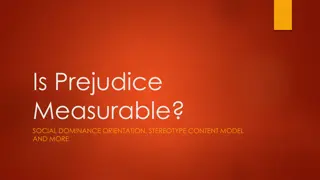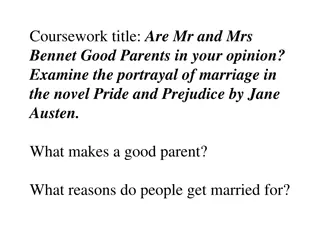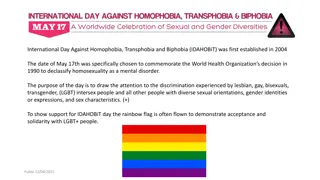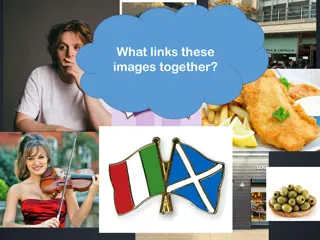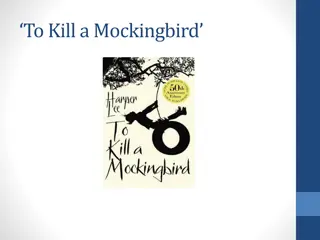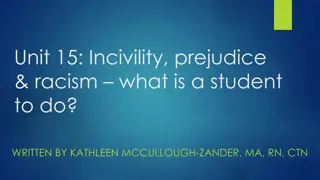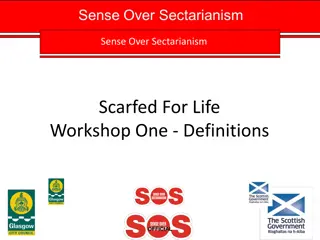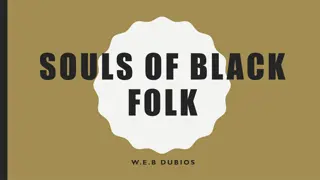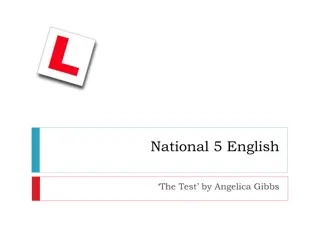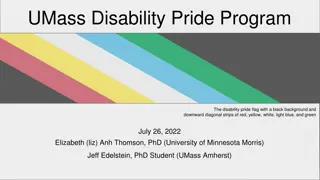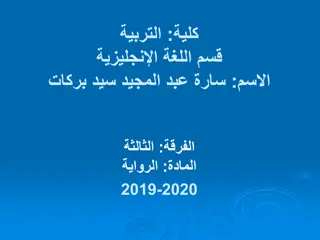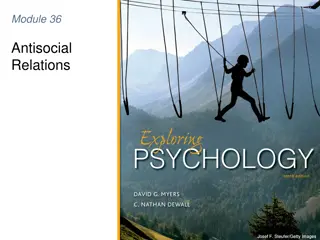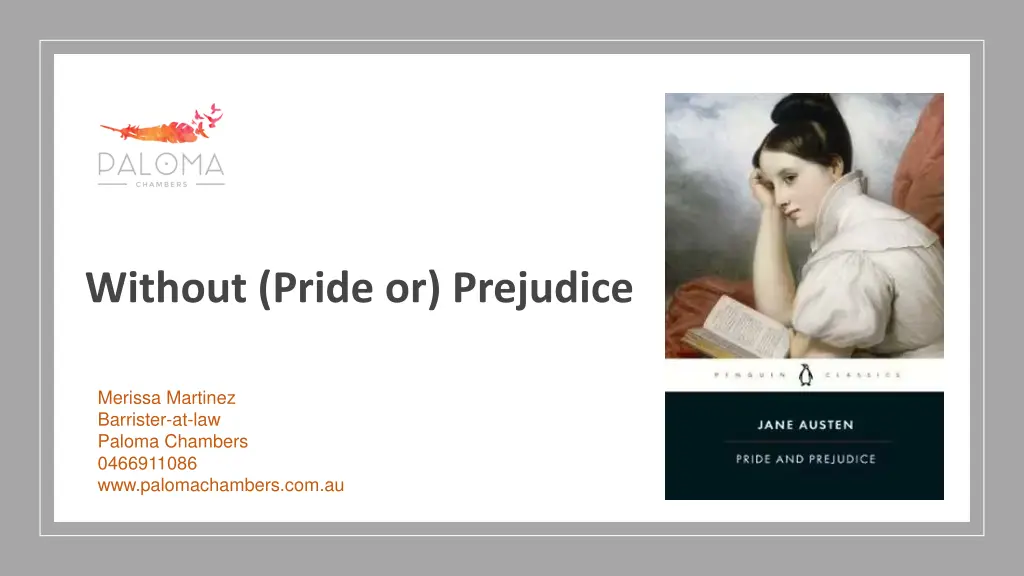
Understanding without Prejudice Doctrine in Legal Communications
Explore the purpose and history of the without prejudice doctrine in legal negotiations, including its practical application and implications under UCPR Chapter 9, Part 5. Learn about the significance of making offers to settle without prejudice and how it aids in fostering open communication without admitting liability.
Download Presentation

Please find below an Image/Link to download the presentation.
The content on the website is provided AS IS for your information and personal use only. It may not be sold, licensed, or shared on other websites without obtaining consent from the author. If you encounter any issues during the download, it is possible that the publisher has removed the file from their server.
You are allowed to download the files provided on this website for personal or commercial use, subject to the condition that they are used lawfully. All files are the property of their respective owners.
The content on the website is provided AS IS for your information and personal use only. It may not be sold, licensed, or shared on other websites without obtaining consent from the author.
E N D
Presentation Transcript
Without (Pride or) Prejudice Merissa Martinez Barrister-at-law Paloma Chambers 0466911086 www.palomachambers.com.au
Outline Angry people are not always wise. Purpose and History UCPR, Ch 9, Pt 5 Offers to settle Without Prejudice offers outside UCPR Removing the Cloak Practical Scenarios
Purpose and history Do not give way to useless alarm though it is right to be prepared for the worst, there is no occasion to look on it as certain. The without prejudice doctrine was outlined in Field v Commissioner for Railways (NSW) (1959) 99 CLR 285 at 292: for some centuries it has been recognised parties may properly give definition to bona fide communications by the use of the words without prejudice and tacit acceptance; exclusion of express or implied admissions made by words or conduct in the course of negotiations to settle proceedings; the purpose is to enable parties to communicate freely and unhampered and without embarrassment; readiness to negotiate is not an implied admission; and nor are objective facts ascertained during negotiations which may be proved by direct evidence. Cited with approval in Baskerville v Baskerville & Ors [2021] QSC 292 per Justice Martin at [25].
UCPR Ch 9, Pt 5 Offer to settle I declare after all there is no enjoyment like reading! How much sooner one tires of any thing than of a book! When I have a house of my own, I shall be miserable if I have not an excellent library. Rule 353 If offer available may offer to settle 1 or more of the claims in the proceeding on specified conditions; may serve more than one offer; must be in writing and state it is made under this part. Rules 354 and 355 specify the timing and lapsing of the offer. Rule 356 a Part 5 offer is taken to be made without prejudice.
UCPR Ch 9, Pt 5 Offer to settle I declare after all there is no enjoyment like reading! How much sooner one tires of any thing than of a book! When I have a house of my own, I shall be miserable if I have not an excellent library. Rule 357 Disclosure of offer 1) No statement of the fact of the offer may be contained in a pleading/affidavit (subject to rule 365) except in an application for leave to withdraw an offer 2) An offer must not be filed 3) If accepted, no communication until all questions of liability and relief (other than costs) have been decided Rule 358 Acceptance Rules 360, 361 and 362 Costs and Interest
Without prejudice offers outside UCPR Part 5 A person who can write a long letter with ease, cannot write ill. Calderbank offers Rationale Offer to settle Reasonableness of offer Correspondence relating to commercial discussions Mediations conducted on basis of a particular admission
Removing the cloak (1) For what do we live, but to make sport for our neighbours, and laugh at them in our turn? Exceptions: 1. Proof of a concluded compromise agreement; 2. Concluded agreement ought be set aside due to misrepresentation, fraud or undue influence; 3. Where exclusion would act as a cloak for perjury, blackmail or other unambiguous impropriety (only in the clearest of cases);
Removing the cloak (2) For what do we live, but to make sport for our neighbours, and laugh at them in our turn? Exceptions (cont): 4. Explanation of delay or apparent acquiescence; 5. Reasonable mitigation of loss in conduct and compromise of proceedings (discovery not admissibility); 6. Costs where without prejudice, save as to costs ; 7. Rebuttal of allegation of no reply to ensure the Court is not misled;
Removing the cloak (3) For what do we live, but to make sport for our neighbours, and laugh at them in our turn? Exceptions (cont): 8. 9. Mutual consent Election / waiver / estoppel Wagners Cement Pty Ltd & Anor v Boral Resources (Qld) Pty Limited & Anor [2020] QCA 289. Craine v Colonial Mutual Fire Insurance Co Ltd (1920) 28 CLR 305. Hodgkinson & Corby Ltd v Wards Mobility Services Ltd [1997] FSR 178
Removing the cloak (4) For what do we live, but to make sport for our neighbours, and laugh at them in our turn? Commonwealth: Evidence Act (Cth), s.131 Exclusion of evidence of settlement negotiations Indemnity costs exposure: Hodder v Australian Executor Trustees Limited (No 3) [2022] WASC 361
Practical Scenarios Do not consider me now as an elegant female, intending to play you, but as a rational creature, speaking the truth from her heart. 1 2 3 Open and: Court ordered Other side: (a) without or Practice Direction (a) does not object prejudice letters; and mandated mediation (b) objects (b) without prejudice, save as to costs letters.
Questions / Comments Merissa Martinez Barrister-at-law Paloma Chambers 0466911086 www.palomachambers.com.au

